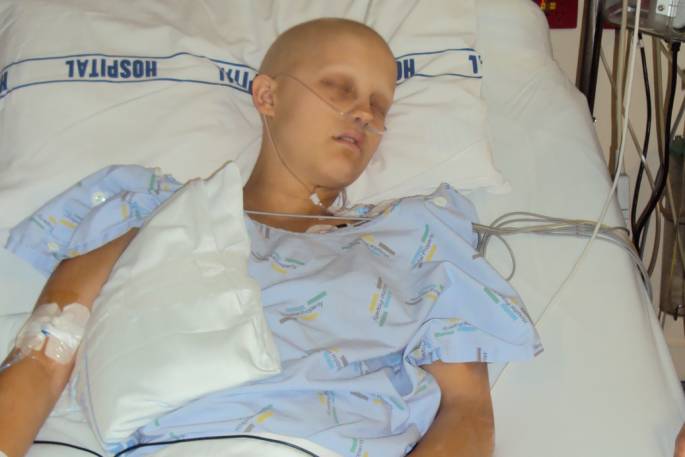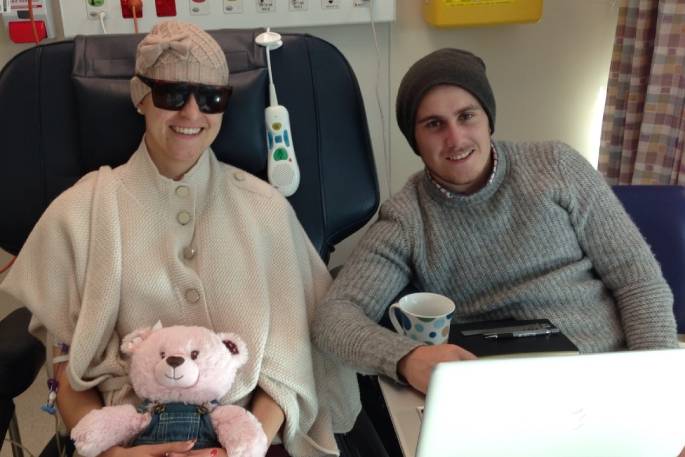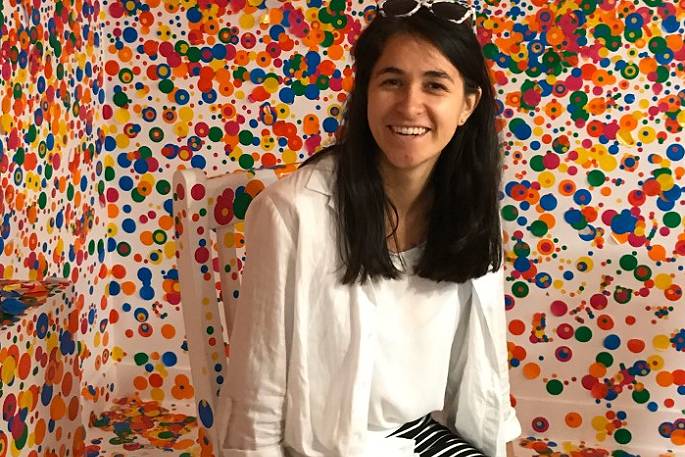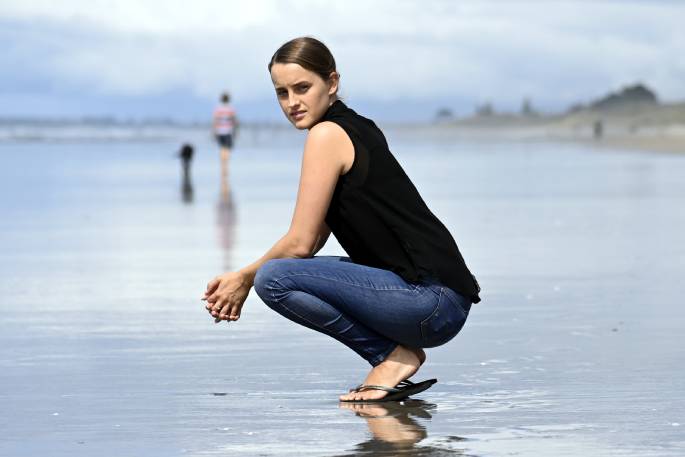Unlike most 29-year-olds, Haley Thomas is looking forward to turning 30.
For a long time, she didn't think she'd live that long.
The Papamoa woman was diagnosed with Ewing's sarcoma in 2009 at age 17, two weeks before her 18th birthday.
'You never think that's going to happen to you. It was a shock.”
Her second round of chemo, after surgery to remove her entire right lung and four ribs, was a particularly difficult time.
'All my friends were going to O-Week and having the time of their lives, and I was having chemo. I lost heaps of weight and became really depressed.”
Thomas, who just passed her final 10-year check, is one of the lucky ones, but it appears a renewed effort in adolescent and young adult cancer has saved lives.
 Haley Thomas, then 18, during treatment. Photo / Supplied
Haley Thomas, then 18, during treatment. Photo / Supplied
In 2009, five-year survival for people aged 12 to 24 in New Zealand with Ewing's sarcoma was 44 per cent. New report from the Adolescent and Young Adult Cancer Network Aotearoa reveals that figure has jumped 20 per cent to 64 per cent.
Comparing data from its last report which covered 2000 to 2009 to data covering 2008 to 2017, the report, released on Monday, found cancer incidence was stable, and the incidence of melanoma had decreased.
Cancer survival was improving, particularly for Māori and Pacific peoples, 15 to 19-year-olds, men and those diagnosed with Acute Lymphoid Leukaemia and bone tumours.
Survival rates for Māori between 2008 and 2017 were 78 per cent, up 8 per cent, while the rate for Pacific peoples was 81 per cent, up 10 per cent.
The survival rate for non-Māori and non-Pacific peoples was 87 per cent, up two per cent, and the overall rate was 84 per cent, a four per cent increase over the last decade.
AYA Cancer Network national clinical lead Heidi Watson saya the survival increase was a 'cause for celebration but 'inequities and variation” persisted particularly for Māori and Pasifika young people with cancer.
'We need to continue to focus on ensuring that there is more targeted and accessible care for all young Kiwis regardless of where they live, their age or ethnicity. The most disadvantaged young people must be prioritised.”
The report states AYA Cancer Network's position that improvements had been seen in large part due to increased funding for its support workers, of which there were six.
The report was released in tandem with the AYA cancer care network's 2020 to 2025 action plan, which includes recommendations on improving equity, reducing variation and improving young people's access to AYA Cancer Network support worker support, clinical trials and fertility preservation.
Co-chair of the AYA cancer consumer advisory group Justin Waipouri says he hopes the government and wider sector would support the action steps in the report to make the journey of young people with cancer easier.
'The plan captures the needs of rangatahi by considering the range of challenges we face to make sure we receive the right support, no matter where we live or where we come from”.
Thomas, now a social worker, says while she was diagnosed at Tauranga Hospital her mother took time off work to take her 'over the hill” to Waikato Hospital where she received treatment.
She says her parents shielded her from it, but it had a financial strain on the family, but she felt she was in a comparatively 'privileged” position that other young cancer sufferers might not be so lucky to find themselves in.
Hayley says a lot of support has also come from CanTeen and the Cancer Society.
She didn't think that disparity was equitable and needed to be addressed.
Fellow survivor Lauren Wepa, originally from Rotorua, said the data married with her experiences as well.
 Lauren Wepa during treatment with her partner James. Photo / Supplied.
Lauren Wepa during treatment with her partner James. Photo / Supplied.
While she hadn't encountered it personally, she said she knew of other young cancer sufferers who had experienced more challenges, particularly those living outside of the major cities.
Now 28, Wepa, a former John Paul College student, was diagnosed at age 20 with Non-Hodgkin's Lymphoma.
Doctors believed she possibly had just days to live when a tumour was found near her oesophagus, putting pressure on her heart and restricting oxygen to her brain.
'I possibly wouldn't have been here,” she says.
She managed to get a last-minute appointment with a specialist after someone else cancelled - and it possibly made all the difference to her survival.
She had radiation therapy at Waikato Hospital and chemotherapy in Rotorua.
Wepa, who has completed remission and is 'technically cured”, said she had struggled adapting back to normal life after treatment and there could be more support for that period for people like her.
Each year, about 190 young people are told they have cancer - of those, there are about nine in the Bay of Plenty region and four in the Rotorua Lakes region. Nationally, about 30 young people lose their lives due to the disease.
 Lauren Wepa. Photo / Supplied.
Lauren Wepa. Photo / Supplied.



0 comments
Leave a Comment
You must be logged in to make a comment.